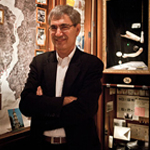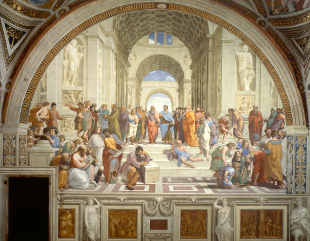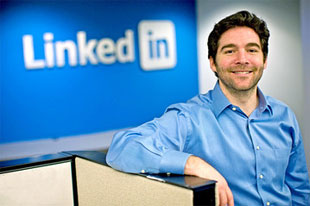 Istanbul’s cultural circles have been abuzz in recent days after Turkey’s most famous novelist, Orhan Pamuk, unveiled his latest cultural contribution: a peculiar little museum touted as being the first of its kind.
Istanbul’s cultural circles have been abuzz in recent days after Turkey’s most famous novelist, Orhan Pamuk, unveiled his latest cultural contribution: a peculiar little museum touted as being the first of its kind.
The Museum of Innocence is the world’s first museum based on a novel; in this case, Mr. Pamuk’s romantic story of the same name published four years ago. The project, he says, revived “the dead artist” inside him.
Turkey’s only Nobel-winning writer and now a professor of literature at Columbia University, Mr. Pamuk is famed as a novelist who has sought to translate Turkey’s complex historical and political debates through his writing. He has won plaudits in the West and a degree of notoriety from Turks for tackling taboo subjects related to his country’s history.But Mr. Pamuk says the Musuem of Innocence isn’t about him: “It’s about the book.”
“This is not a writer’s home museum. This is a museum of a novel,” Mr. Pamuk told The Wall Street Journal after the museum opened on Friday.
However, the novelist and self-confessed museum fan also suggested that the Museum of Innocence could begin to fill what he says is a gaping hole in the city: the fact that there is no city museum dedicated to Istanbul, despite the metropolis’s storied history as the capital of empires and great civilizations. “It wants to be the first city museum of Istanbul, but it’s too modest to really be one,” he said.
The homely museum stands in a quiet neighborhood of Cukurcuma in Istanbul’s Beyoglu district, on a narrow street lined with 19th-century houses and second-hand shops.
Visitors who step inside the red-painted building enter the world of the characters of The Museum of Innocence; the museum is the address of the fictional family home of the book’s young heroine, Fusun, a poor girl from Cukurcuma, who becomes an obsession for the male character Kemal, son of a wealthy Turkish family of industrialists.
In the novel, Kemal gathers and steals any objects that remind him of his beloved: her earring, pieces of clothes, even stubs of the cigarettes she smoked. While Kemal does this to store each painful and fond memory inside each object, he plans to put them in a museum one day.
“The Westerners live proudly while most of the world lives in shame. If we exhibit our sources of shame in a museum, they become a source of pride,” Kemal says in the novel.
Mr. Pamuk’s museum invites its visitors to explore these memories by transporting them to the Istanbul of the 1970s, with old photographs, newspaper clips and daily items used in every Turkish households.
Back then, when Mr. Pamuk was a young student of architecture and journalism, Istanbul was a city of only three to four million inhabitants, compared with some 13 million today.
In a subtle way, the museum stages Istanbul’s struggle with collision – or, “intermingling”, in Mr. Pamuk’s words – of Eastern and Western cultures, by showcasing the daily objects used by Istanbul’s Westernized elites. That mirrors the novel, which describes how in the 1970s Turkish traditions met Western youth culture and dating practices, upending the relationships between men and women and creating frictions inside Istanbul’s small circles of Westernized elite.
In the novel, Kemal causes a scandal by failing to marry his upper-class fiancée Sibel, with whom he had a public courtship, including pre-marital sex. The new traditions accepted public relationships as long as they were followed by marriage.
Mr. Pamuk says Istanbul’s East-West dilemma will “never end” as centuries-long debates about alcohol consumption and lifestyle choices still preoccupy the city’s diverse population.
Coining a sound bite to characterize the future path of Istanbul, and more broadly Turkey, Mr. Pamuk says the city would continue its course as “a boat heading to the West, with its passengers facing the East… or the other way round.”
“I do not believe in the clash between civilizations,” he says. “I believe in harmony of cultures. Cultures have always intermingled, and my books only describe this.”
Source: Wall Street Journal
 Turkish Labor Law
Turkish Labor Law


